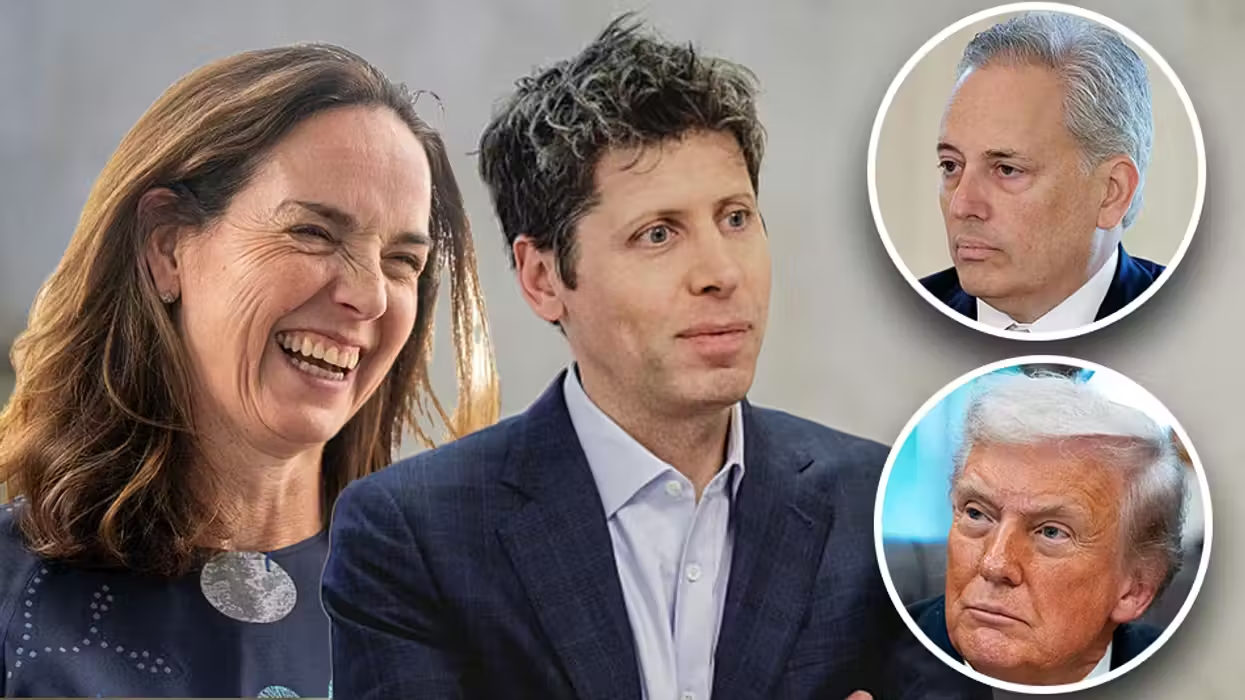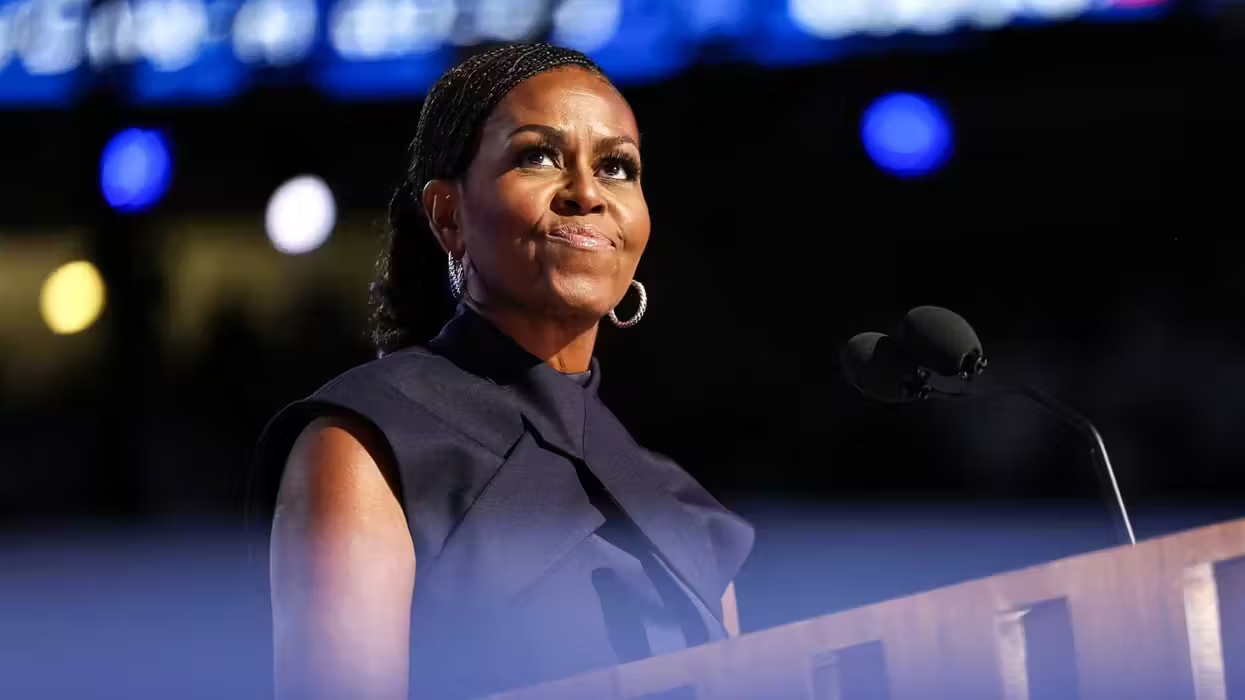© 2025 Blaze Media LLC. All rights reserved.
BEIJING (AP) — China called on the U.S. to withdraw an invitation for the Dalai Lama to meet with President Barack Obama at the White House, saying Saturday that it could hurt relations between the two countries.
China denounced the meeting and called on the U.S. to withdraw its invitation to avoid interfering in China's internal affairs, Foreign Ministry spokesman Hong Lei said in a statement posted on the ministry's website.
"We firmly oppose any foreign official to meet with the Dalai Lama in any form," Hong said.
China's warning comes after months of warming ties between the world's No. 1 economy and dominant military power and the rising Asian giant, buoyed by President Hu Jintao's successful visit to Washington in January.
Obama's planned meeting with the exiled Tibetan spiritual leader on Saturday could sour relations between the two sides ahead of expected visits over the coming months.
U.S. Secretary of State Hillary Rodham Clinton plans to visit the southern Chinese city of Shenzhen on July 25. Vice President Joseph Biden is also scheduled to visit China this summer, followed by a trip to Washington by his Chinese counterpart, Xi Jinping.
Experts say a meeting between Obama and the Dalai Lama, paired with the recent intervention by the U.S. in Vietnam's ongoing dispute with China in the South China Sea, could cool improving ties.
"The Dalai Lama and Tibet have long been issues that have caused tension between China and the U.S., and this meeting will without a doubt negatively impact bilateral relations," said Niu Jun, a professor of international relations at Peking University.
"U.S. presidents have met with the Dalai Lama in the past, but this has always been unacceptable for China. The two sides will have to communicate and struggle to work through it," he said.
Obama last met with the Dalai Lama in February 2010, infuriating Beijing, which views the Nobel Peace Prize laureate as a separatist intent on ending Chinese rule over the Himalayan region.
The Dalai Lama has repeatedly denied the accusations and says he seeks only a high level of autonomy for Tibet.
"We request the U.S. side to honor its serious commitment that recognizes Tibet as part of China and opposes Tibet independence," Hong said in the statement.
Tibet has been a source of controversy for decades, since Beijing sent troops to occupy the country following the 1949 Communist revolution. It insists the region has been part of Chinese territory for centuries, a claim disputed by many Tibetans.
A failed uprising in 1959 led the Dalai Lama to flee into exile in India.
___
Associated Press researcher Henry Hou contributed to this report.
___
Follow Chi-Chi Zhang at https://twitter.com/thunderchi
Want to leave a tip?
We answer to you. Help keep our content free of advertisers and big tech censorship by leaving a tip today.
Want to join the conversation?
Already a subscriber?
more stories
Sign up for the Blaze newsletter
By signing up, you agree to our Privacy Policy and Terms of Use, and agree to receive content that may sometimes include advertisements. You may opt out at any time.
Related Content
© 2025 Blaze Media LLC. All rights reserved.
Get the stories that matter most delivered directly to your inbox.
By signing up, you agree to our Privacy Policy and Terms of Use, and agree to receive content that may sometimes include advertisements. You may opt out at any time.





